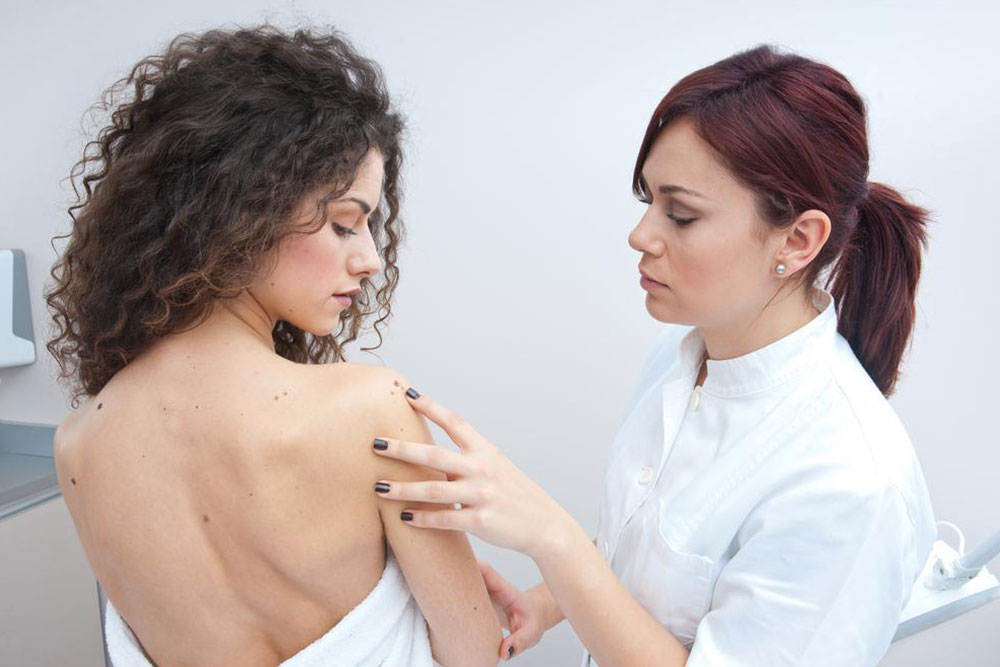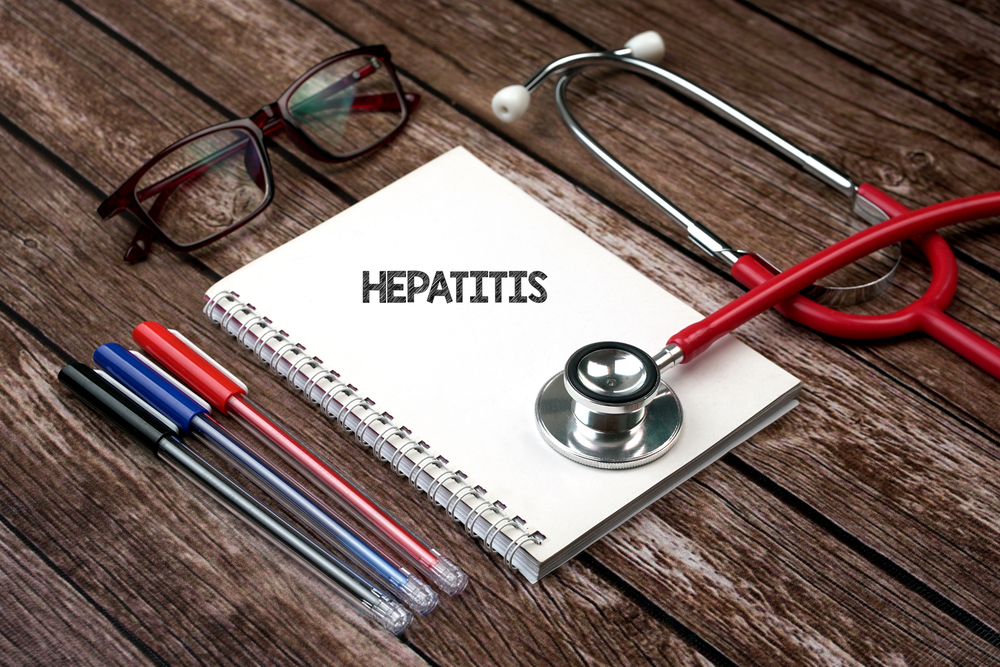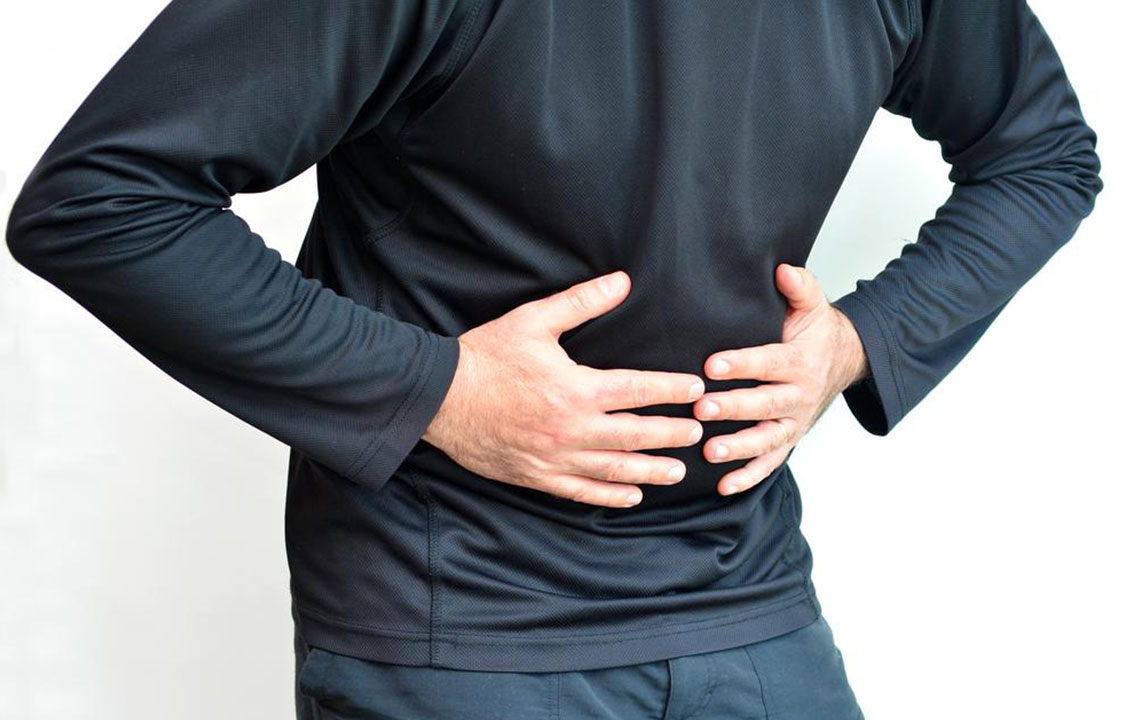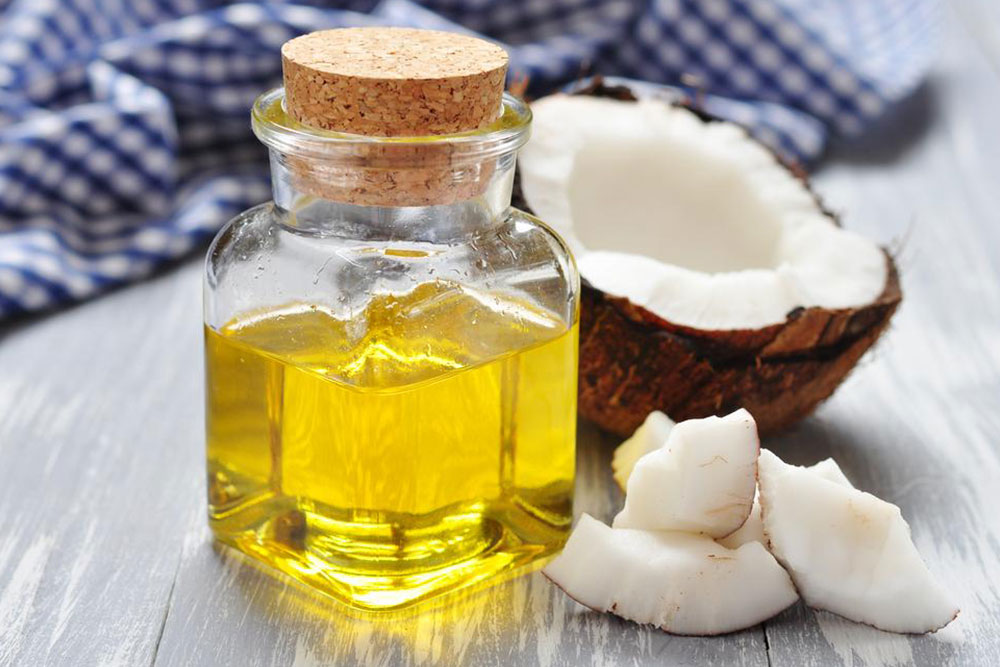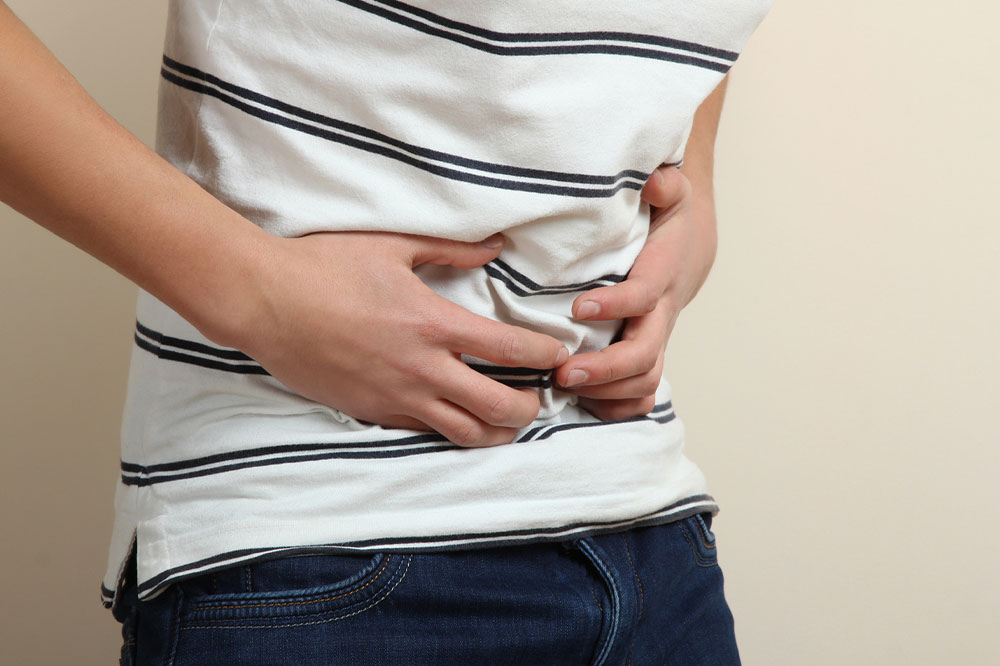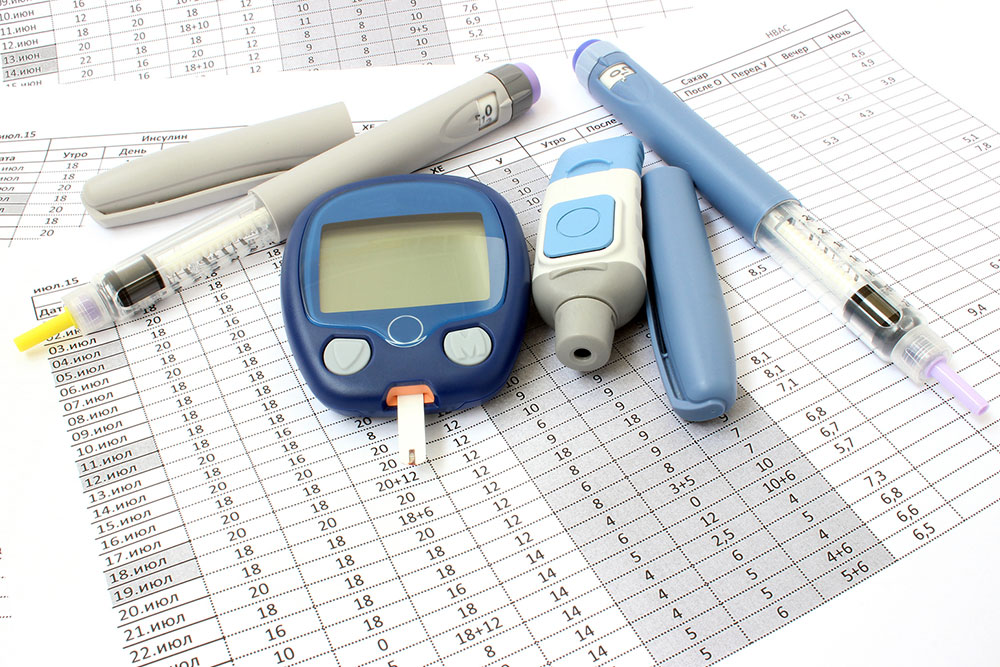Comprehensive Guide to Protecting Your Liver After Hepatitis C Treatment
This comprehensive guide provides essential strategies for protecting your liver after Hepatitis C treatment. Learn how to avoid harmful substances, adopt a liver-friendly diet, and optimize your health through lifestyle changes and medical guidance. Protect your liver, prevent complications, and support complete recovery with these expert tips for long-term wellness.
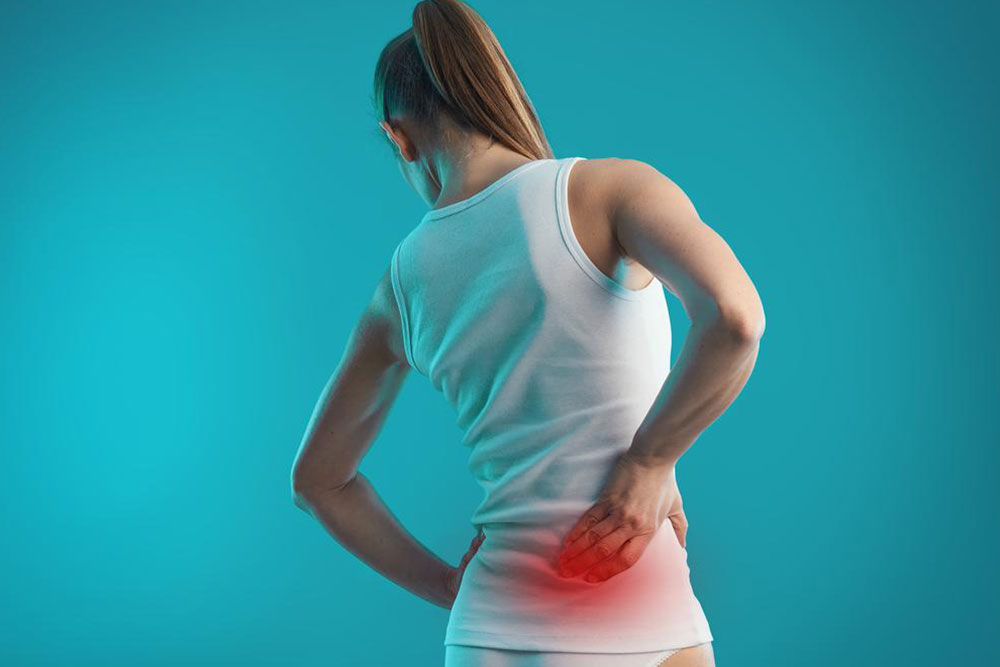
Safeguarding Liver Health Post-Hepatitis C Recovery
Recovering from Hepatitis C is a significant milestone, but it's essential to continue taking proactive steps to protect your liver from further damage. Even after successful treatment or spontaneous clearance, some liver tissue may have suffered damage, which can predispose you to future health complications. Implementing a comprehensive liver health strategy through lifestyle adjustments, dietary management, and regular medical check-ups can greatly enhance your recovery and long-term wellness.
Hepatitis C not only affects the liver but also increases the risk of developing other metabolic conditions such as type 2 diabetes. This connection underscores the importance of maintaining a healthy lifestyle that includes balanced nutrition, avoiding harmful substances, and monitoring your health regularly.
Eliminate Harmful Substances: Alcohol, Drugs, and Tobacco
One of the most critical steps in protecting your liver is to steer clear of substances that can cause further harm. Alcohol is particularly damaging to the liver tissue, especially in individuals recovering from hepatitis C, as it can accelerate liver inflammation, fibrosis, and the development of cirrhosis or liver cancer. Abstaining from alcohol completely is highly recommended, even if you feel well post-treatment.
Illicit drugs, including those injected or consumed in other forms, pose serious risks by introducing toxins and additional stress to an already compromised liver. Quitting smoking is equally important, as tobacco chemicals can exacerbate liver damage and promote the growth of liver tumors. Embracing a lifestyle free from these substances can significantly reduce the risk of complications, improve overall health, and support liver regeneration.
Adopt a Liver-Friendly Diet
A balanced, nutrient-rich diet is vital for liver health and overall recovery. Focus on incorporating whole grains like oats, brown rice, and quinoa, which provide fiber and essential nutrients. Lean proteins such as poultry, fish, beans, and tofu support tissue repair without adding excessive fat to your diet. Low-fat dairy options can also be included to meet calcium and vitamin needs.
Vegetables and fruits are rich in antioxidants and phytochemicals that help reduce inflammation and promote healing within the liver. Crucial for recovery is eating smaller, more frequent meals to prevent overloading your digestive system. Ensure you drink a minimum of 64 ounces of water daily to facilitate detoxification and hydration, supporting liver function.
Limit intake of processed foods, fast foods, and snacks high in unhealthy fats, refined sugars, and artificial additives. These foods can introduce toxins and cause inflammation, hindering liver recovery. Specific attention should be paid to reducing red meat consumption, which can be heavy on digestion and increase fat levels in the liver. Additionally, avoid sugary beverages and salty snacks, as they can cause bloating and elevate blood pressure, compounding health issues.
Optimize Supplement Use Under Medical Supervision
Post-treatment nutrition may benefit from targeted supplements, but only under the guidance of a healthcare professional. Excessive intake of vitamins A, D, E, and K, along with iron supplements, can burden your liver instead of helping it. A doctor’s advice is essential to determine if and when supplements are necessary, ensuring nutrient levels are balanced to support your recovery without causing adverse effects.
In summary, maintaining liver health after Hepatitis C involves comprehensive lifestyle modifications, mindful dietary choices, and routine medical monitoring. By avoiding harmful substances, adopting a nutrient-rich diet, using supplements wisely, and attending regular check-ups, you can effectively safeguard your liver health, prevent further damage, and improve your quality of life post-recovery.
